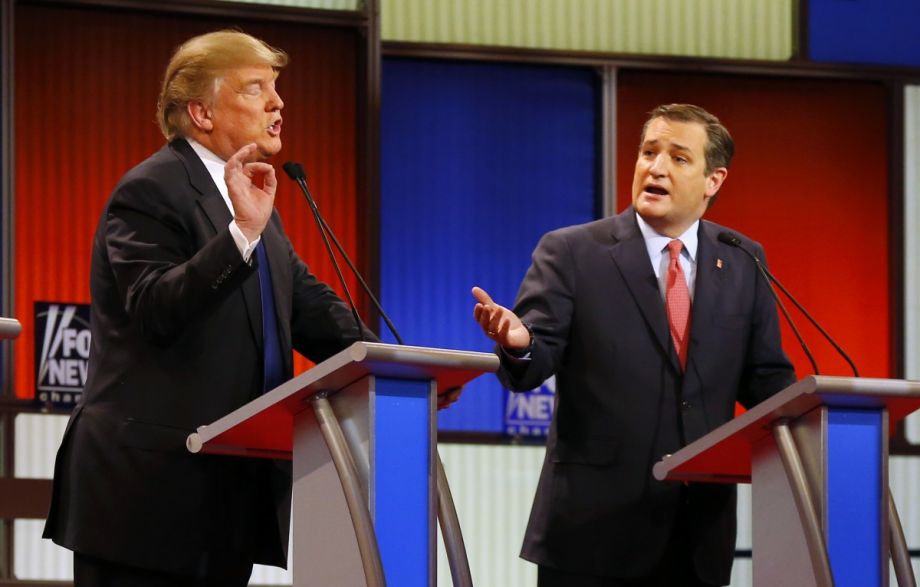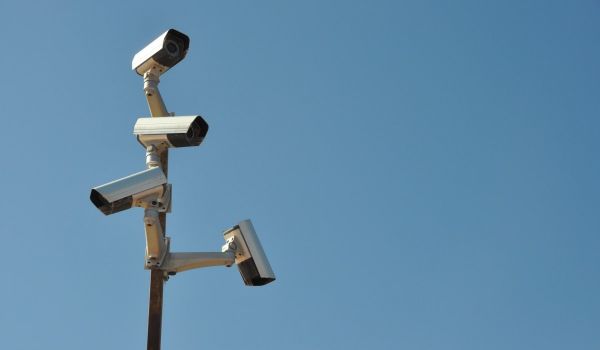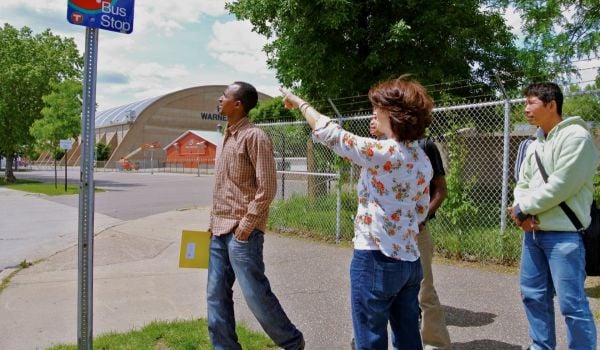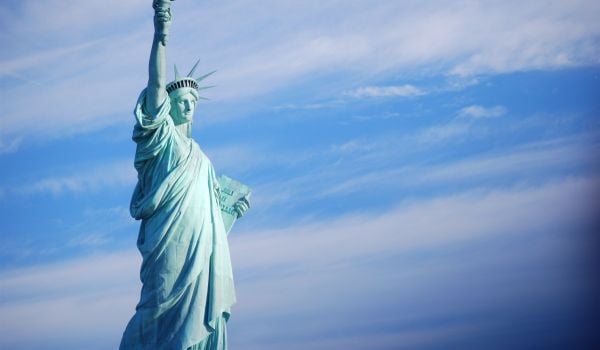When Republican presidential candidate Donald Trump declared in December that all Muslims should be banned from immigrating to the Unites States, his statements drew outrage worldwide, but especially in Michigan. The state is home to about 600,000 people of Middle Eastern descent — most in the Detroit metro area — and anger over Trump’s comments crossed both ethnic and political party lines.
Muzammil Ahmed, chairman of the Michigan Muslim Community Council, said in a radio interview after Trump’s statement that it was hurtful and divisive to have “people like Trump demonize the Muslims in a broad brush.” The Detroit Free Press ran a rare front-page editorial with the headline “We Stand Together” calling Trump’s comment “an assault on our freedom, our community and the diverse fabric that makes up Michigan.” Longtime Michigan Republican Congressman Fred Upton called Trump’s travel ban a “crazy proposal” and said it wasn’t “who America really is and what we stand for.”
So will Michigan vote Trump in that state’s primary tomorrow?
“In Michigan, the anti-Muslim message won’t be as universally accepted because Arabs and Muslims are part of the community here, and that message was likely ingested more easily in the Southern states in the Super Tuesday primaries where most only know Muslims from what they might see on TV,” says Amer Zahr, a Detroit comedian and law school professor of Palestinian descent who was born in Jordan and came to the U.S. with his parent at age 3. “No one in the Detroit area can say they don’t know an Arab-American or have not eaten in Middle Eastern restaurants or don’t know where mosques are in the community. Because we are staples of the community — the doctors, lawyers, accountants, factory workers — and the whites in this community for the most part also took offense at what Trump said and stands for when he takes his very hateful views.”
The Middle Eastern community has a long history in Southeastern Michigan. Large numbers of Arabs (as well as other immigrant groups from Europe) started arriving as the auto industry got rolling in the early 1900s. They have continued to come as wars and strife in their home region have made America a destination for a better life. Dearborn, a Detroit suburb about 8 miles west of downtown, is in many ways the Islamic capital of the U.S., home to the largest mosque in the country (the Islamic Center of America), and numerous Middle Eastern bakeries, restaurants and grocery stores.
Bloomberg Businessweek ran a story last month with the headline “Detroit’s Comeback Has an Arab Accent,” citing the importance of Arab immigrants in a city that has lost more than 1 million residents since 1950.
One of the key political variables in the primary is whether the Republican voters outside of Detroit care enough about Trump’s Muslim views for that to make a difference, or whether enough of the Detroit population — which would seem to care more but skews heavily Democrat — will grab ballots on the Republican side of the primary. One poll done a few weeks ago showed that nearly two-thirds of likely Republican primary voters in Michigan said they supported Trump’s statement that all Muslims should be banned from entering the United States.
One variable of note for the GOP is that Michigan is perhaps one of the most immigrant-friendly states in the country with a Republican governor and GOP-dominated state legislature. A few years ago, Gov. Rick Snyder proposed that the federal government issue an extra 50,000 immigrant visas, targeted specifically for Detroit, available only to those with high-tech skills and a willingness to live in Motown for five years. Snyder created an “Office of New Americans” in his administration, specifically for programs and services to help recent immigrants in their transition.
Some recent polls do have Ohio Gov. John Kasich, a GOP candidate with more moderate views on immigration reform, moving up in the Michigan primary. One has him actually ahead of Trump in first place.
“I’d say the Middle Eastern community leans more Democrat, but they have always had strong influence in Michigan’s international trade community, which is bigger than most states because of the auto industry here,” says Steve Tobocman, director of Global Detroit, a nonprofit organization that promotes regional immigration effort and international trade. “I don’t know how it will play out in the primary, because Trump and the other candidates have not had much time to campaign here because we come right after Super Tuesday. But I think it is clear, that in order to win Michigan in the general election, an anti-immigrant and anti-Islamic message from a candidate is going to hurt them very badly in this state.
That theory is backed up by population numbers. The Detroit MSA population is 3.7 million, and that is still about 40 percent of the state population despite the city’s population loss. While the Detroit area might not come into play as much for the Republican primary as for the general election, the candidates’ views toward immigrants and Muslims in Michigan — one of the key swings states in play in November — will have some important traction. And the beginning of that process starts with the primary election Tuesday.
While the state of Michigan’s foreign-born population hovers at 6 percent — about half of the national average — about 250,000 naturalized U.S. citizens from other countries live in the Detroit area, according to census numbers.
“What concerns immigrants is the same thing that concerns the mainstream American population: the economy, healthcare, their kids’ college education, basic things we all care about for our future,” says Fay Beydoun, executive director of the Dearborn-based American Arab Chamber of Commerce and vice chair of the Michigan Democratic Party. “But the anti-immigrant message is going to get big play here in Michigan, and we are going to hear about it whether they say it in a speech here or somewhere else.”





_600_350_80_s_c1.JPEG)











